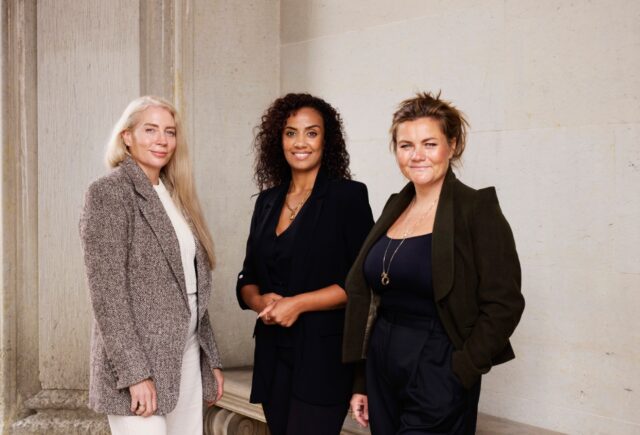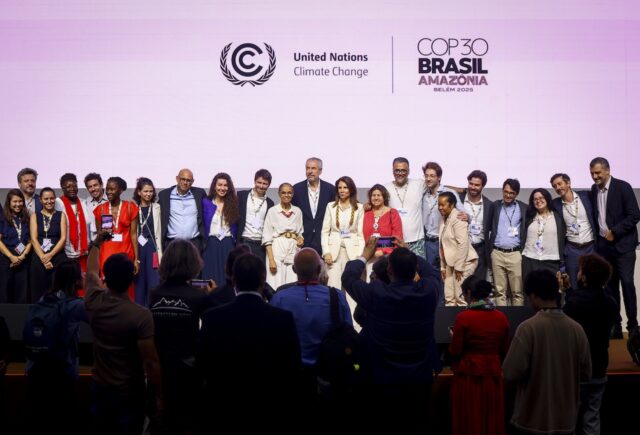Despite the speculation, impact investing venture capital has matured beyond idealism into a commercially-driven approach that delivers strong returns while scaling urgent solutions, argue Alina Klarner and Christin ter Braak-Forstinger.
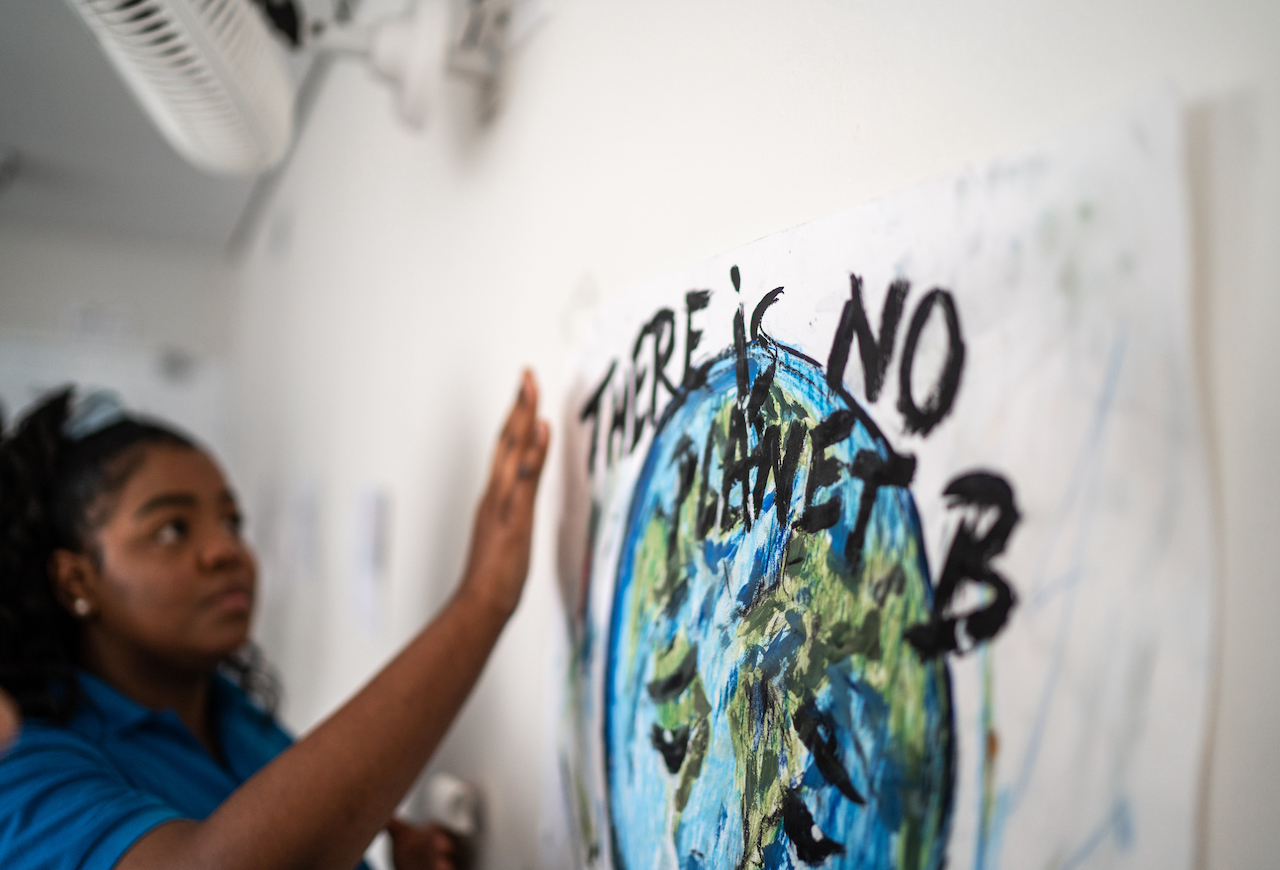
The whole world has become louder. Politicians are acting crazy, wars expand and everyday life seems to wear on our nerves. It feels like humanity is tired. Change is too slow where we want it, and uncontrollably fast in the areas where we are not ready for it. Regulations are stifling innovation and adding millions in compliance costs, without addressing core issues or delivering value for businesses and consumers.
At the same time, a new era of silent CEOs has emerged in the US. Once vocal leaders to look up to, CEOs of some of the world’s leading companies have recently been suspiciously quiet about US president Donald Trump’s latest pullout of the Paris Agreement and the United Nations Sustainable Development Goals. Investors are struggling to keep pace with all that change and are adopting a wait-and-see approach. Governments seem to be flip-flopping on major policies and investments.
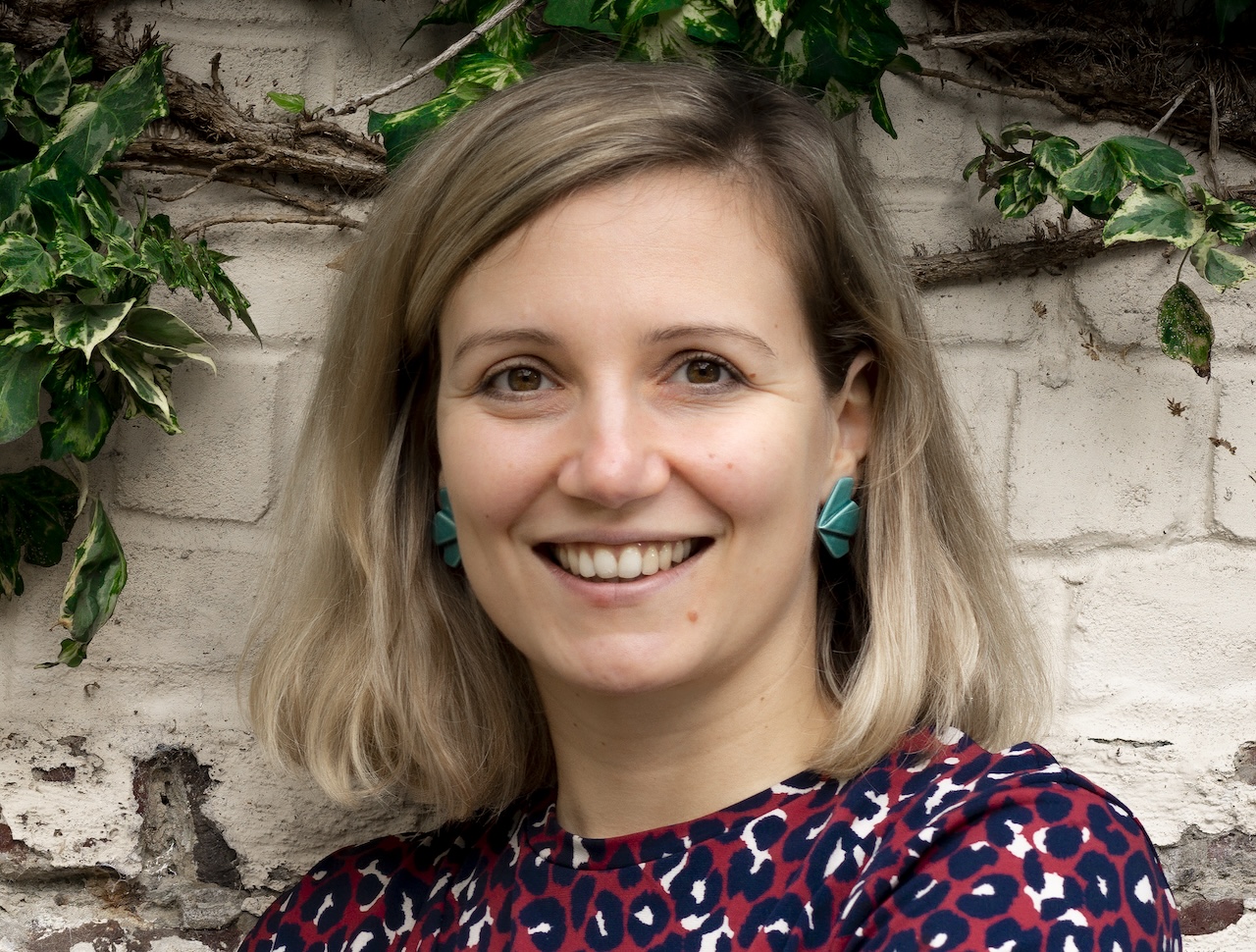
So who can really lead the way into a prosperous future for people and planet? Who can step up to be the not-so-silent hive of impact change makers, who dedicate their lives to driving positive change, collaborating and innovating across all areas of life – from circular and regenerative economic models to inclusive financial services and access to care and healthcare?
We believe the answer is crystal clear. Impact investing has matured and moved beyond idealism to focus on solid commercial models. It has the ability to generate strong returns and scale the solutions the world needs at speed. It combines commercial, environmental and societal considerations to build resilient and regenerative businesses that can withstand the shocks of an increasingly uncertain world – and provide a compelling vision of the future for all of us.
Despite some reports to the contrary, we believe impact investing is hotter than ever.
‘Sustainability is dead’
“Sustainability is dead” – this is a sentence we have been hearing a lot. The truth it, it probably always had to die. As in nature, this death may well be a necessary part of our transition to something new and better. Sustainability, like impact, is currently being re-defined, and for a good reason.
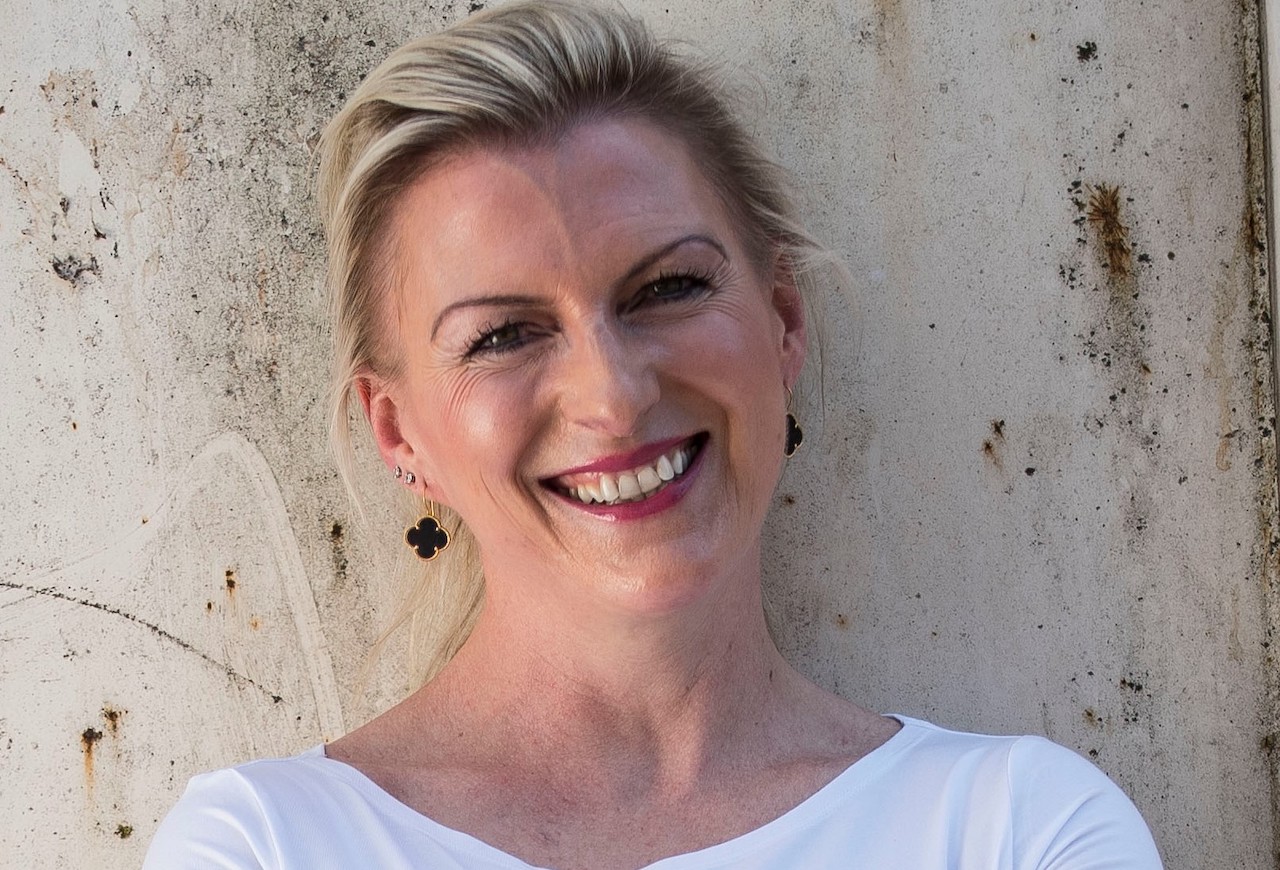
Impact investing has been around for a long time, supported by a steady stream of believers and visionaries. In recent years, however, it has started to gather mainstream traction. A growing number of heavyweight institutional investors in Europe have made major commitments to impact investing — not just dipping their toes in but allocating billions to strategies that aim to generate both financial returns and create measurable positive impact.
These commitments have brought with them an increased pressure to perform, a trend that is particularly pronounced in the climate tech space. After an initial hype, investors are increasingly looking for a more mature version of climate tech – innovative technologies that have solid commercial business models and a clear pathway to scale. What increasingly counts for investors is that returns are real and that money is moved with a transformative intent.
Impact investing 2.0 starts here. Only with a balanced approach to impact and returns can we build towards a regenerative economy, serve trillion-dollar markets and achieve outsized returns that go hand in hand with outsized positive impact.
Impact is no longer a ‘PR-stunt’ or an idealist vision of the future. It’s a tangible investment approach able to scale from idea to large-scale systems change, supported by all types of investors across the capital ladder. And for impact investing to scale, the return potential needs to align with the realities of the world we live in.
From wishful thinking to real returns and systems transformation
Businesses have always been a driving force in creating a compelling vision of the future for their investors, employees, customers and other stakeholders. With increasing political and macroeconomic uncertainty, now more than ever, there is an opportunity for pioneering companies to take the lead in providing innovative, technological solutions to large scale problems and positively transform the sectors they are operating in – profitably, globally and at pace.
Impact investors play a significant role in enabling this transformation. By supporting exactly this kind of real, systemic change, we are presented with an opportunity to allocate to impact VC as a key element of portfolio diversification and as a wise investment choice. Call it impact investing, systems investing, conscious investing, regenerative investing or investing for resilience – in the end the label does not matter.
The best founders don’t follow trends – they set them.
The leaders of the impact economy are startup entrepreneurs. These pioneering founders have the power to act as catalysts for change. They provide innovative solutions for real-world problems. Their businesses challenge outdated practices and the status quo. They drive technological advancements and create a transformative environmental or social impact.
The best founders don’t follow trends—they set them. They build companies with the potential to reshape their industries for the better. These pioneers push established companies out of their comfort zone toward more responsible and future-proof business models. The most successful companies in the different sectors will help accelerate systems change towards a regenerative and circular economy to mitigate risks, attract the best talent and become market leaders in ways we may not even understand yet.
Just look at companies like Vytal from Germany which is one of Europe’s fastest growing tech companies. Vytal works in the ready-to-consume food and drink packaging space, with the goal of transforming the packaging industry towards circularity and fostering behaviour change among consumers. Or look at Faircado, which is on a mission to make second hand the first choice for consumers – changing not only behaviours but also making the impactful option the most attractive one.
In today’s world, change and uncertainty will remain a constant presence. Let’s embrace that change and use our capital to be part of the solution — not the problem. In the worst case scenario, we are investing in a world with cleaner air, less pollution, better access to financial services and education. Best case we speed-up the transition to a regenerative economy and set humanity up for success for centuries to come.
Alina Klarner is founding partner at Impact Shakers Ventures, and Christin ter Braak-Forstinger is co-founder and CEO at Chi Impact Capital

